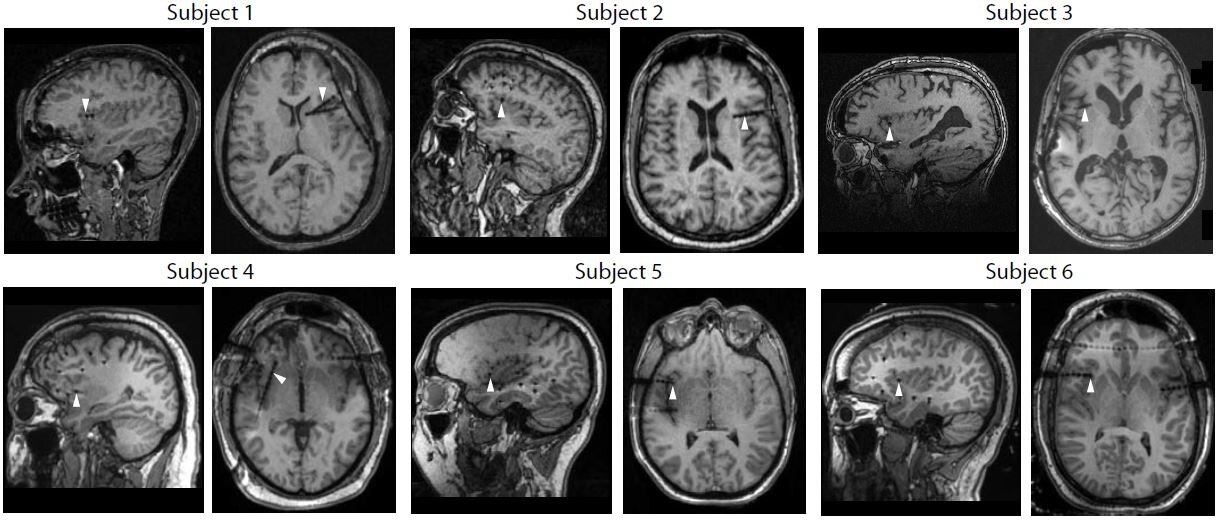Multimodal Cortical Investigations for Conditioned Pain Modulation in Humans
Conditioned pain modulation (CPM) is a psychophysical assessment used to estimate the efficiency of an individual’s endogenous pain modulation. It is the body's inherent ability to alleviate pain.
Although much is known about the spinal cord mechanisms associated with descending pain modulation, less is known about the contribution of supraspinal and especially cortical regions.
We aimed to develop a CPM assessment paradigm for exploring how neural activity within pain-related cortical regions associated with CPM, using a simultaneous multimodal EEG-fMRI data acquisition approach in patients undergoing spinal cord stimulation (SCS) treatment for chronic pain.
HSR230462 Interdisciplinary Team Science to Uncover the Mechanisms of Pain Relief by Spinal Cord Stimulation
Multimodal EEG-fMRI Data Acquisition Approach
Transcranial focused ultrasound for head and neck cancer pain
Cancer patients often develop pain associated with their disease or its treatments, and this pain becomes difficult to manage if medications fail or if it occurs during terminal stages. Focused ultrasound, a new technology guided by MRI and requiring no incisions, is extremely precise and is now being used to manage movement disorders like essential tremor and Parkinson’s disease. This project will apply focused ultrasound to a pain circuit, deep inside the brain, to determine if it relieves intractable pain associated with head and neck cancer.
A staged, comprehensive investigation for developing insular deep brain stimulation to treat refractory chronic pain
Patients with refractory chronic pain typically do not respond to traditional analgesics or weak opioids as these agents do not directly address the cause for their pain. Many chronic pain patients do not achieve satisfactory pain relief even with evidence-based treatment, or they do not tolerate effective doses because of adverse side effects. Deep brain stimulation (DBS) is already an established treatment for intractable movement disorders and epilepsy, and recent advancements in the fields of pain neurophysiology and biotechnology may facilitate the use of DBS as a nonpharmacological therapy for refractory chronic pain.





